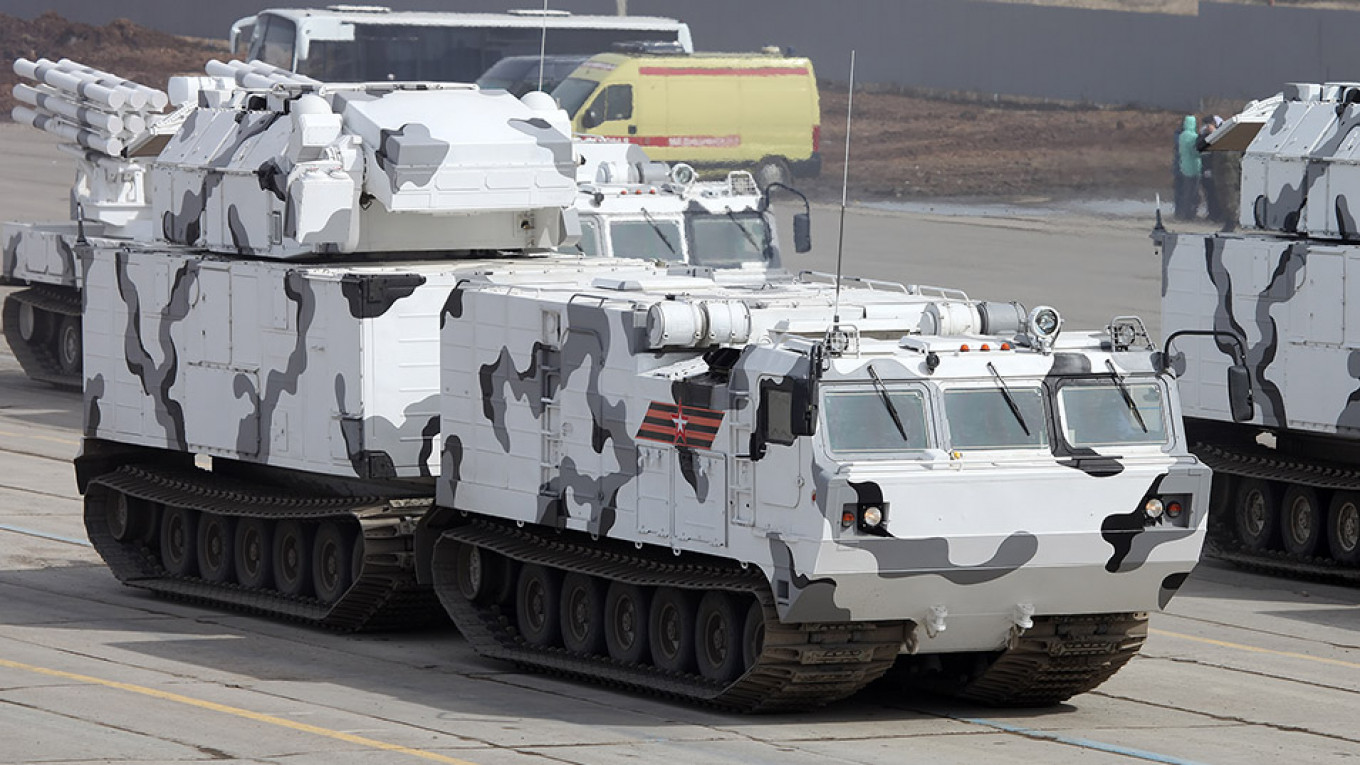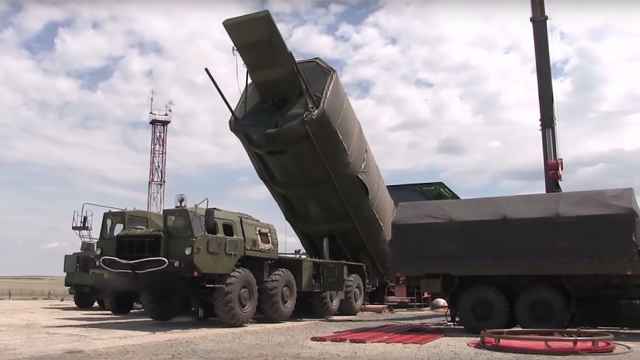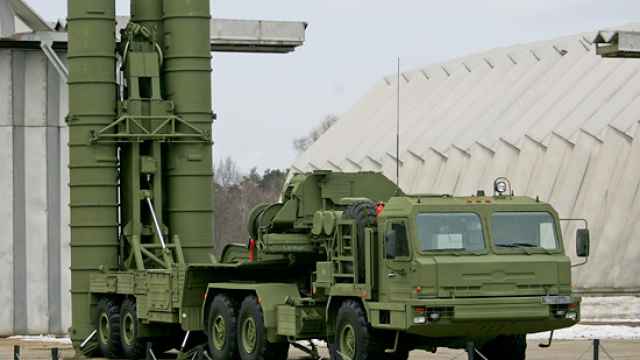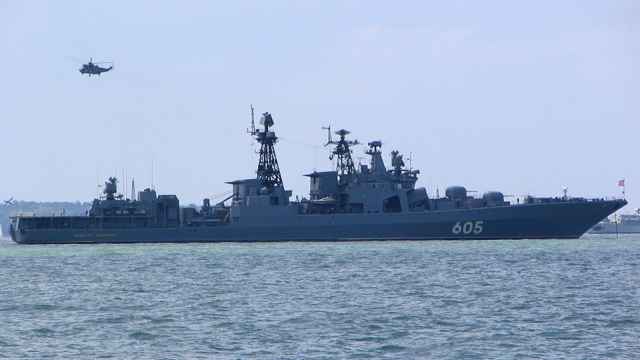Russia has deployed a new mobile missile defense system, the Tor-M2DT, and handed it over to units in the Pechenga area near the Norwegian border this week, the Russian Armed Forces said Saturday.
The new local cruise missile division has been under development since August and servicemen can now operate the air defense system, the Northern Fleet said in a statement.
The Tor-M2DT is a variant of the Tor system (SA-15 "Gauntlet") that was first introduced in the late 1980s. It is carried by DT-30PM all-terrain vehicles and is reportedly capable of detecting over 40 air targets, track and engage up to four of them simultaneously at a range of up to 12 kilometers and at altitudes up to 10 kilometers, even with the system’s 16 missiles on the move.
The first units of the Tor-M2DT arrived in the borderlands in July this year following testing in Novaya Zemlya.
The Pechenga valley is located in the Kola Peninsula along the borders to neighboring Norway and Finland. The distance from the local military base to Norway is about 10 kilometers.
Located less than 100 kilometers away is Vardø, the Norwegian town known for housing the Globus intelligence radar system.
According to the Northern Fleet, the purpose of the Tor-M2DT's deployment is to secure air space control and defense.
It is not the only new missile system that has recently been deployed on the border with Norway. In July it became clear that the Bal (NATO name SSC-6 or Sennight) coastal missile system had been moved from its permanent deployment location to the Sredny Peninsula on the coast of the Barents Sea.
It is believed that shooting with the Bal system will be instituted this fall as part of a planned exercise by the Northern Fleet.
The system is made for targeting surface ships, but can also be applied against land targets.
A Message from The Moscow Times:
Dear readers,
We are facing unprecedented challenges. Russia's Prosecutor General's Office has designated The Moscow Times as an "undesirable" organization, criminalizing our work and putting our staff at risk of prosecution. This follows our earlier unjust labeling as a "foreign agent."
These actions are direct attempts to silence independent journalism in Russia. The authorities claim our work "discredits the decisions of the Russian leadership." We see things differently: we strive to provide accurate, unbiased reporting on Russia.
We, the journalists of The Moscow Times, refuse to be silenced. But to continue our work, we need your help.
Your support, no matter how small, makes a world of difference. If you can, please support us monthly starting from just $2. It's quick to set up, and every contribution makes a significant impact.
By supporting The Moscow Times, you're defending open, independent journalism in the face of repression. Thank you for standing with us.
Remind me later.






